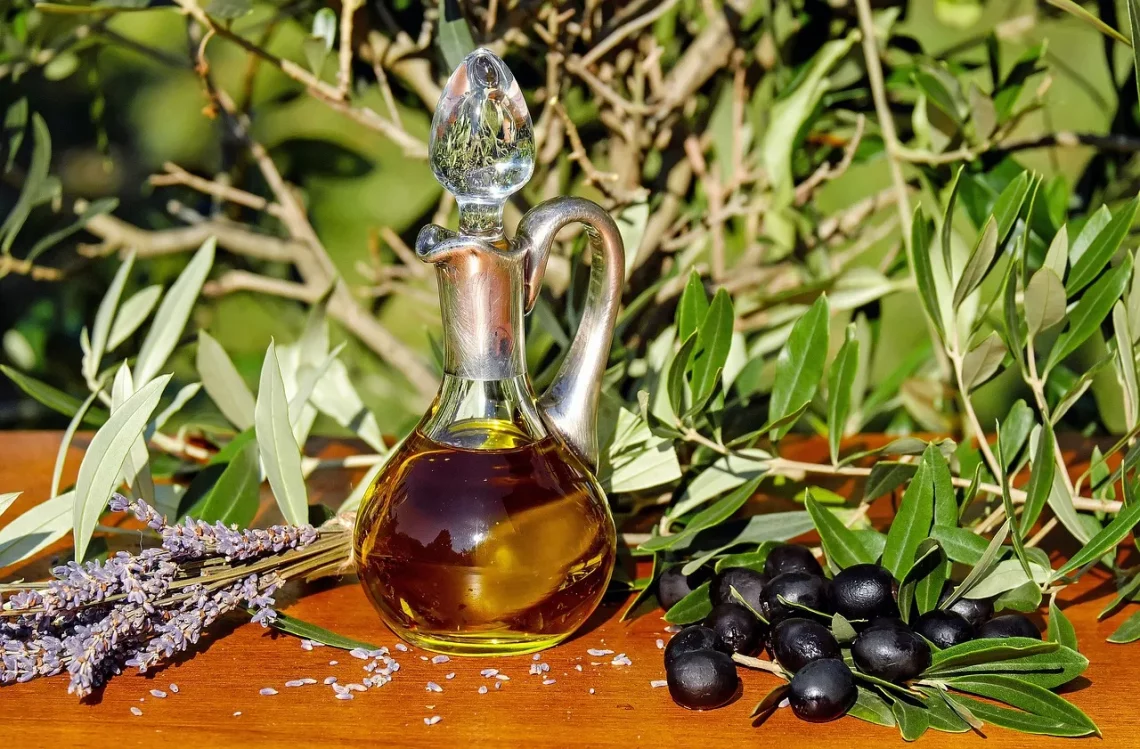
Canola vs Corn Oil: Which Cooking Oil is Better for You?
Cooking oils play a critical role in our daily culinary experiences, influencing both the flavor of our dishes and our overall health. As people become increasingly conscious of their dietary choices, the selection of the right cooking oil has garnered significant attention. Among the plethora of options available, canola and corn oil are two of the most commonly used fats in kitchens around the world. Both oils have unique properties and nutritional profiles that may affect their suitability for various cooking methods and dietary needs.
Canola oil, derived from the seeds of the canola plant, is often praised for its light flavor and high smoke point, making it ideal for frying, baking, and sautéing. On the other hand, corn oil, extracted from the germ of corn kernels, is favored for its natural sweetness and versatility in both cooking and baking. As consumers strive for healthier lifestyles, understanding the differences between these two oils becomes essential. The choice between canola and corn oil can significantly impact not only the taste of your meals but also your health in the long run. So, let’s delve deeper into the characteristics, benefits, and potential drawbacks of these popular cooking oils.
Understanding the Nutritional Profiles
When evaluating the health implications of canola and corn oil, it’s crucial to examine their nutritional compositions. Canola oil is known for its favorable fatty acid profile. It contains a significant amount of monounsaturated fats, which are considered heart-healthy. These fats can help reduce bad cholesterol levels and lower the risk of heart disease. Additionally, canola oil is low in saturated fats, contributing to its reputation as a healthier cooking option.
Moreover, canola oil is rich in omega-3 fatty acids, which are essential for brain function and may provide anti-inflammatory benefits. The presence of alpha-linolenic acid (ALA), a type of omega-3 fatty acid, is particularly notable. While our bodies can convert ALA into other beneficial forms of omega-3, such as DHA and EPA, the efficiency of this conversion is limited.
In contrast, corn oil primarily consists of polyunsaturated fats, particularly omega-6 fatty acids. While these fats are also essential for our health, the typical Western diet often contains an excess of omega-6s relative to omega-3s, which can lead to an imbalance. This imbalance may contribute to inflammation and other health issues over time. Additionally, corn oil is high in vitamin E, an antioxidant that can help protect cells from oxidative stress.
Understanding the nutritional profiles of these oils is vital for making informed dietary choices. While both canola and corn oil offer certain health benefits, their differing fatty acid compositions can have varying impacts on overall health and well-being.
Cooking Properties and Versatility
Both canola and corn oil boast high smoke points, making them suitable for various cooking methods, including frying, baking, and sautéing. The smoke point is a critical factor to consider, as cooking oils can break down at high temperatures, producing harmful compounds and off-flavors. Canola oil typically has a smoke point around 400°F (204°C), while corn oil can reach slightly higher temperatures of approximately 450°F (232°C). This characteristic allows both oils to be used in high-heat cooking without significant degradation.
In terms of flavor, canola oil has a neutral taste, which allows the natural flavors of the ingredients to shine through. This quality makes it an excellent choice for dressings, marinades, and recipes where the oil should not overpower the dish. Additionally, canola oil’s light texture makes it ideal for baking, as it won’t weigh down baked goods.
Corn oil, on the other hand, has a slightly sweeter flavor profile, which can enhance certain dishes, particularly in baking and frying. Its distinctive taste can complement recipes like cornbread and popcorn, where the flavor of the oil can add depth. Furthermore, corn oil is often used in commercial food production, making it a common ingredient in processed foods.
While both oils are versatile, the choice between them may ultimately come down to the specific cooking application and personal taste preferences. Understanding the cooking properties of canola and corn oil can guide you in selecting the right oil for your culinary creations.
Health Considerations and Potential Drawbacks
While both canola and corn oil have their benefits, it’s essential to consider potential drawbacks associated with their consumption. Canola oil, despite its positive attributes, has faced scrutiny due to a significant portion of its production being derived from genetically modified (GM) crops. For those concerned about GMOs, seeking organic or non-GMO certified canola oil may be preferred. Additionally, some processing methods used for canola oil involve refining and bleaching, which may strip away some beneficial nutrients.
Corn oil, while rich in polyunsaturated fats, can contribute to an imbalance of fatty acids in the diet. The overconsumption of omega-6 fatty acids, often found in processed foods and oils, can lead to inflammation and other health issues. It’s important to maintain a balanced intake of omega-3 and omega-6 fatty acids to support overall health. Furthermore, corn oil is often derived from corn that has been treated with pesticides and herbicides, raising concerns for those looking to minimize chemical exposure in their diets.
Additionally, both oils are high in calories, which means moderation is key when incorporating them into your diet. Excessive consumption of any cooking oil can lead to an increase in caloric intake, potentially contributing to weight gain and other health issues.
As with any dietary choice, it’s crucial to consider individual health needs and preferences. While both canola and corn oil can be part of a balanced diet, understanding their potential drawbacks can help you make informed decisions about your cooking oil usage.
Final Thoughts: Choosing the Right Oil for You
Deciding between canola and corn oil ultimately depends on individual dietary preferences, cooking methods, and health considerations. Canola oil’s favorable fatty acid profile and neutral flavor make it an excellent choice for heart-healthy cooking. Its versatility in both savory and sweet dishes further enhances its appeal for everyday use.
On the other hand, corn oil’s unique flavor and high smoke point make it a popular option for frying and baking. However, its higher omega-6 content and potential for contributing to dietary imbalances warrant caution.
When choosing a cooking oil, consider not only the nutritional benefits but also the specific culinary applications and flavors you desire. Exploring different oils and their properties can lead to a more enjoyable cooking experience and contribute to a healthier diet overall. Always remember to consume oils in moderation and incorporate a variety of fats into your diet to ensure a balanced intake of essential nutrients.
**Disclaimer:** The information provided in this article is for educational purposes only and is not intended as medical advice. Always consult with a healthcare professional for any health-related concerns or dietary changes.




